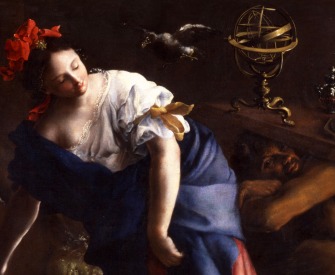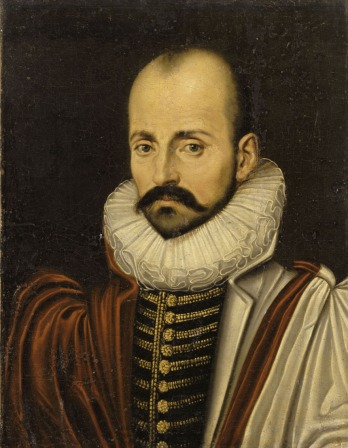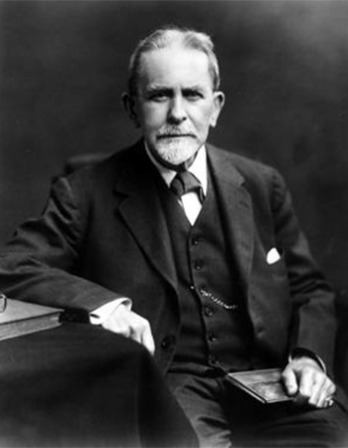The devil, in the prosecution and for the execution of his wrath upon the children of men, often gets a liberty to make a descent upon them.
But I may say, “Not a devil in the air can come down without the leave of God.” The devil stands with all the instruments of death, aiming at us, and begging of the Lord, “Shall I smite ’em, shall I smite ’em?” He cannot strike a blow till the Lord say, “Go down and smite,” but sometimes he does obtain from the High Possessor of Heaven and Earth a license for the doing of it. In Peter the devil is called “your adversary.” ’Tis a law term, and it notes “an adversary at law.” The devil cannot come at us except in some sense according to law. The devil first goes up as an accuser against us. There is a court somewhere kept, a court of spirits, where the devil enters all sorts of complaints against us all; he charges us with manifold sins against the Lord our God. Then he loads us with heavy imputations of hypocrisy, iniquity, disobedience, whereupon he urges, “Lord, let ’em now have the death, which is their wages, paid unto ’em!” If our Advocate in the heavens do not now take off his libels, the devil then with a concession of God comes down as a destroyer upon us. Having first been an attorney, to bespeak that the judgments of heaven may be ordered for us, he then also pleads that he may be the executioner of those judgments; and the God of heaven sometimes or after a sort signs a warrant for this destroying angel to do what has been desired to be done for the destroying of men. But such a permission from God for the devil to come down and break in upon mankind oftentimes must be accompanied with a commission from some wretches of mankind itself. When ungodly people give their consents in witchcrafts diabolically performed, for the devil to annoy their neighbors, he finds a breach made in the hedge about us, whereat he rushes in upon us with grievous molestation.
From The Wonders of the Invisible World. Born in Boston in 1663, Mather was a preacher at the same Boston church as his father, Increase, during the Salem witch trials. Both opposed the use of spectral evidence in the cases, though Cotton did believe that witches, as part of “an army of devils,” desired to destroy the “New-English Israel.” Around the time this book—whose purpose was to defend the trials against mounting criticism—was published, the governor of the Massachusetts Bay Colony ordered the trials’ end.
Back to Issue




